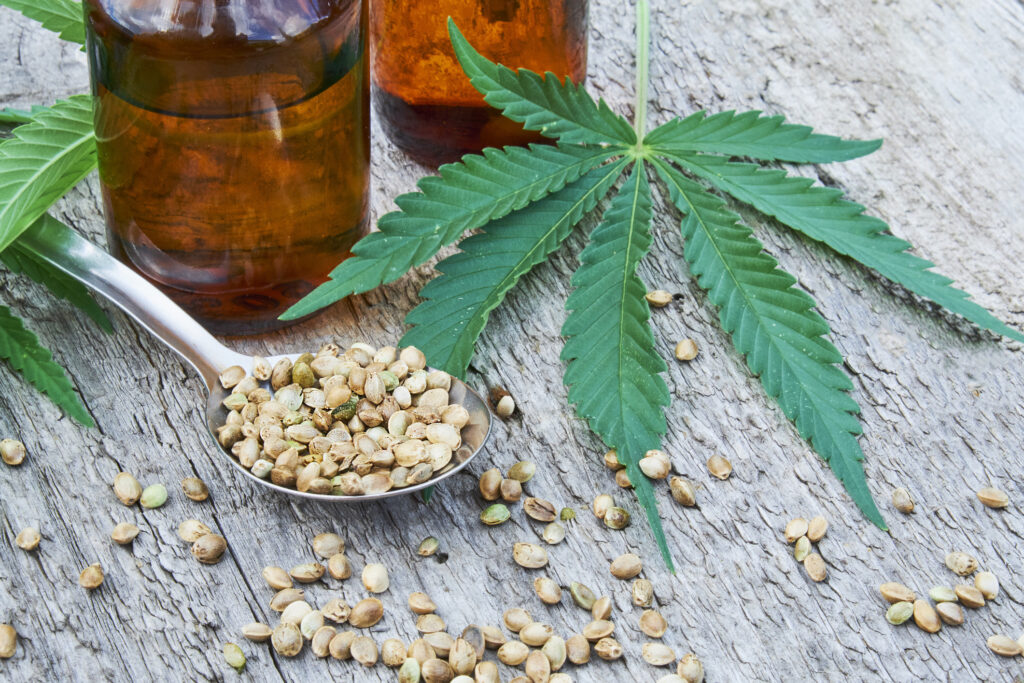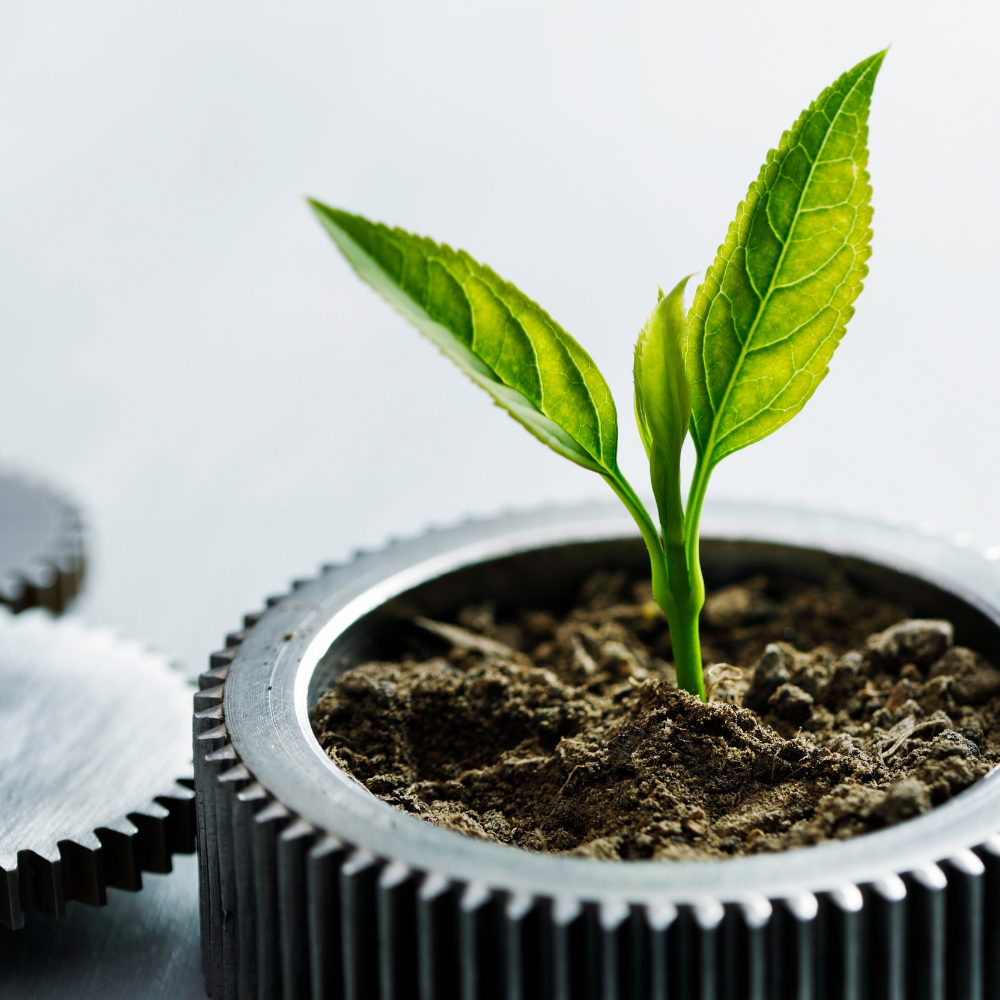Biodiversity is the immense variety of species living on Earth, encompassing both plants and animals. The human impact on biodiversity has reached a dangerous point, leading to cultural and environmental degradation. Efforts to increase the protection of biodiversity are needed if we want to preserve life as we know it. Humans must become more proactive about protecting and sustaining biodiversity for future generations. Different people have different views of what biodiversity is, and what it means to us. There are many different ways that human beings affect biodiversity: humans have a positive impact on biodiversity too!
What is biodiversity
Biodiversity is the immense variety of species living on Earth, encompassing both plants and animals. Many different factors can affect biodiversity, including humans.
Humans have a significant impact on biodiversity in our world. We influence it in two ways: positively and negatively. When humans benefit an ecosystem or animal population by taking care of it (planting trees to provide shade or food for wildlife), we are positively impacting its biodiversity. However, when we destroy an ecosystem (by cutting down trees or polluting oceans), we are negatively impacting its biodiversity.
Biodiversity is a complex issue because many factors affect how much change occurs over time in an environment’s inhabitants–and sometimes these changes can be positive as well as negative ones!
The human impact on biodiversity
As the human population grows, it becomes more and more difficult to maintain biodiversity. The problem is that humans are the main cause of biodiversity loss, with our actions destroying habitats and creating pollution that harms animals and plants. This places a strain on the natural world, which could ultimately lead to serious consequences for our future.
We must do more to protect biodiversity by reducing our carbon footprint through sustainable practices such as recycling and buying environmentally friendly products.

Protect Biodiversity
In order to save biodiversity and the lives that depend on it, there needs to be an effort made to increase the protection of biodiversity. This means reducing the human population, reducing our consumption, limiting climate change, reducing pollution, and decreasing deforestation. Efforts must also be made by governments and organizations around the world in order to reduce carbon emissions and limit pollution from factories. If we can do this, then we may have a chance at saving ourselves from extinction as well as preserving life as we know it.
We need to become more proactive about protecting and sustaining biodiversity for future generations.
We should look at the long-term effects of our actions, and think about how they will affect future generations. We must take action now, proactively, rather than reactively when it is too late.
The views in biodiversity
To many, biodiversity is the variety of life in all its forms. Biodiversity means different things to different people. Biodiversity may be important for a person because it provides food or medicine, or because it gives them a sense of belonging or place.
Some people see biodiversity as being more important now than ever before: if we lose too much, we could lose species that are essential to our survival as well as ways of life that have developed over millennia.
Others think that biodiversity is less important than other issues such as climate change and global warming, which would likely have an even greater impact on human lives.
There are many different ways that human beings affect biodiversity.
There are many different ways that human beings affect biodiversity.
- The most obvious is the pollution, climate change, overpopulation and deforestation caused by humans. These activities are responsible for much of the current loss of species diversity on Earth today.
- Habitat destruction: Human encroachment has resulted in large-scale habitat degradation and fragmentation through urbanization, agriculture and development projects such as roads or dams. This can cause local extinctions as well as reducing populations through isolation or competition with invasive species (see below).
- Introduction of invasive species: Human activities have resulted in many non-native species being introduced into new habitats where they thrive because they have no natural predators there to control them (e.g., zebra mussels in Lake Erie). These invaders may compete with native flora and fauna for food resources or prey on native organisms causing local extinctions (e.g., kudzu vine from Japan which now blankets large areas of Georgia).
- Introduction of non-native species: Many non-native organisms have been accidentally introduced around the world by ships at sea carrying ballast water loaded with plants or animals on board that were not originally part of those waters’ ecosystem.

Humans have a positive impact on biodiversity too!
The positive effects of humans on biodiversity are just as important as the negative ones. It is important to remember that humans have contributed to the preservation of many species and ecosystems.
In addition to preserving endangered animals, some conservationists have gone above and beyond in their efforts to help preserve biodiversity. For example, some scientists have been able to genetically engineer mosquitoes so that they cannot reproduce or transmit diseases like malaria or Zika virus . This could be a significant step towards controlling one of the largest causes of human mortality worldwide.
Additionally, there are ways that scientists can study how wildlife interacts with humans by observing them in their natural habitats rather than keeping them in captivity (as is often done). This allows researchers to get more accurate data about how different species interact with each other when left alone by humans.
Conservationists also create protected areas where endangered plants and animals can thrive without disturbance from human activities such as agriculture or hunting
Biodiversity as a result of humans
It’s important to keep in mind that the impact of humans on biodiversity is not always negative. In fact, many of us would say that our species’ impact on biodiversity has been largely positive. For example, humans have contributed to increased biodiversity in many ways—by developing new crop varieties through selective breeding and cross-breeding, for example; or by introducing a variety of different species (and subspecies) into new environments as a result of exploration and trade. In other words, we’ve done a good job so far at increasing biodiversity by helping species spread around the world!
The human impact on biodiversity is a complicated issue, but one that we must address. In order to preserve life as we know it, we need to become proactive about protecting and sustaining biodiversity for future generations.




